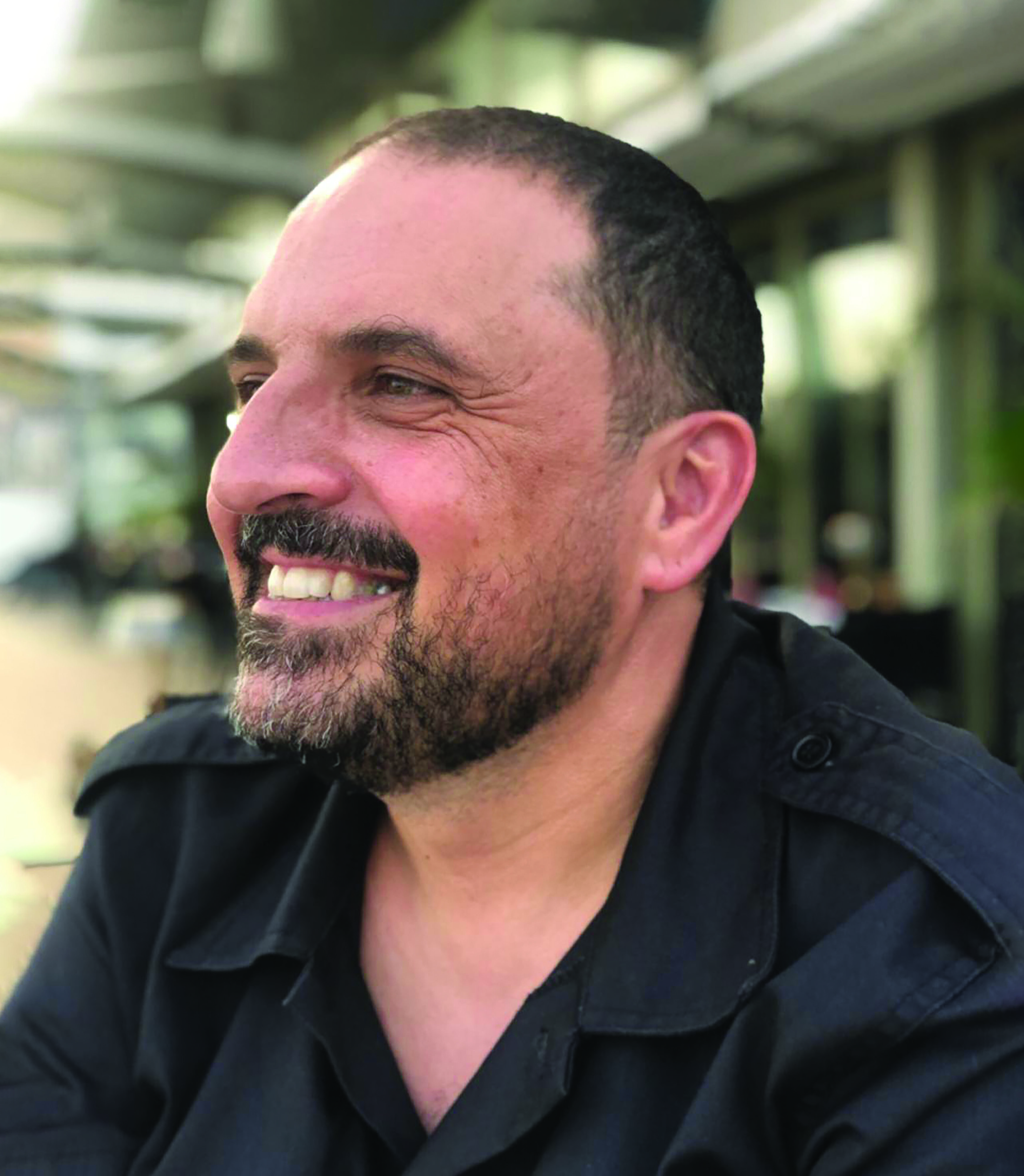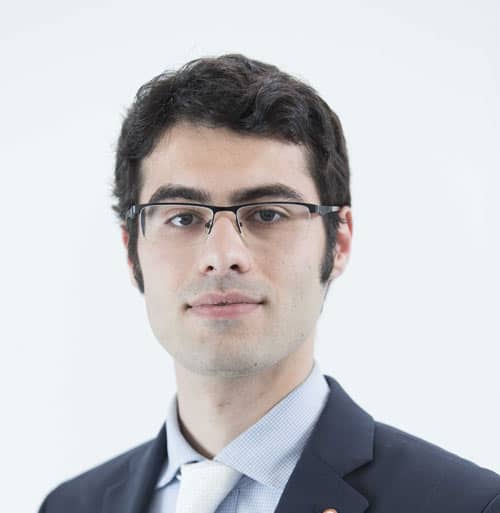In the struggle for increased social and economic rights, it is easy to make the mistake of failing to grasp nuances and different perspectives. Dr Michael Briguglio challenges some of the preconceived notions which persist in modern political discourse, particularly lumping together movements and groups which have important distinctions. In this interview, Briguglio makes the case for liberal democracy and answers key questions on issues of representation and identity.
Identity politics, as practised predominantly in the United States, is a political approach whereby groups of people advocate for their interests and rights based on shared characteristics such as ethnicity, gender, or other forms of social identity. Its shortcomings today, however, include increased political and social polarisation, whereby the differences between groups are emphasised, rather than their commonalities. On the other hand, forms of identity politics have won crucial social rights over past decades for minority groups. Dr Michael Briguglio, Senior Lecturer in the Department of Sociology, was presented with an open-ended question on his thoughts regarding the discourse surrounding identity politics today. He answered that while this form of politics gives the impression that it is monolithic, in fact there are various schools of thought within the same movement.

Photo courtesy of Gail Debono
‘Identity politics predominantly represents those who are active in it. Even within the same movement there can be different approaches to the same topic and different strategies to arrive at the same destination. For example, there are feminists who predominantly take inspiration from Judith Butler, who relates gender as being a social construct and identities as they are performed. Then there are other feminists who do not deny this, but would say that biology also plays a role within one’s personal trajectories and identities in life. So taking a step back, one should not assume there is a unitarian identity movement where everyone shares the same belief.’
Similarly, Briguglio indicated that other movements, such as the environmental movement, are not a single consistent set of beliefs. For example, there are Green politicians who are pro-nuclear just as there are those who are mostly anti-nuclear.
Equity Beyond Identity
Briguglio goes on to explain the importance of recognising the various strands of belief relating to social justice. In particular, it is fundamental to pay attention to bread and butter issues, rather than keep them entirely separate. If one simply looks at people in terms of skin colour, gender, or other identities, one might miss out on the big picture related to social class. Failing to do so might give rise to a reactionary response and have the opposite of the intended effect.
Focusing solely on identity can obscure important class- based issues. In the US, wealth inequality cuts across racial lines, and concentrating only on racial disparities might miss opportunities to address root causes. The 2016 presidential election saw some communities which, hit by economic decline, switched candidates – potentially due to the Democratic Party’s focus on identity politics over economic concerns. Other voters switched from Bernie Sanders to Trump in that election when they felt their candidate was undermined by a wealthy establishment. The Black Lives Matter movement, while addressing racial injustice, may be limited in effectiveness if it does not also address economic inequality within the black community and find common ground beyond the movement. Both identity and class can be crucial for understanding and addressing social inequalities, while striving not to alienate people with divisive messaging.
‘What about men and women who have precarious jobs, who have no union speaking up for them? This also relates to Malta and goes beyond the usual discussion on identity issues we see in the US. There are segments of society who have no media networks or NGOs speaking up on their behalf. Do we thus have silent majorities in our society? What we see in the news and what is actually in people’s minds do not necessarily coincide. This reminds me of the concept which Max Weber established, that of Verstehen. There are realities out there which many of us simply do not understand.’
Max Weber’s concept of Verstehen may be translated as ‘understanding’ or ‘interpretive understanding’. It is a fundamental principle in Weber’s interpretive sociology. This concept refers to the method of empathetically understanding the subjective motivations and meanings behind social actions. This is done by placing oneself in the social actor’s position. By grasping the actor’s perspective, researchers are thus better able to comprehend the underlying reasons and context for people’s actions, thus enabling a deeper understanding of social phenomena.
Verstehen In Practice
Presented with the challenge of whether someone who is not actually from a community can represent that community effectively, Briguglio indicated that there are many cross- cutting issues and interests to unite people. If the underlying issues of a coalition are common to all of its members, which must certainly include bread and butter issues, then the building blocks are in place for not only a stronger movement, but a more empathetic one. In this regard, one can understand that Briguglio is calling for inclusion rather than exclusion based on identity. Therefore, someone who is not part of a specific identity may still find enough in common with them to represent them.
He then pointed to the liberal democratic system as a whole, as it offers people the opportunity to decide for themselves who they feel represents them best, and avoids the tokenism of telling people they can only be represented by people who fit certain limited criteria.
‘The liberal democratic system guarantees certain representative rights through fair elections. One does not simply decide which identities are more important than others. Where should we draw the line? Who should decide which identity is more important than others?’
Quotas, he underlines, run the risk of encouraging tokenism
Elaborating on his views of the gender quota mechanism in Malta to illustrate his point, Briguglio prefaced his statement by saying it is not a black or white situation. There are both positives and negatives to be found. However, he believes that the mechanism has had the unintended effect of giving the impression that some MPs are not there on merit. Having said that, he believes that a lot more needs to be done to promote women in politics in Malta. Policies such as those promoted by Moviment Graffitti, amongst others, which call for gender-balanced candidate lists, would help address the problem.
Nonetheless, one of the challenges with this is finding female candidates in the first place, and thus, more needs to be done to make politics more accessible and friendly to women by implementing family-friendly measures. There are many women, such as Roberta Metsola, President of the European Parliament, who serve as examples to be followed without the need for a quota. Quotas, he underlines, run the risk of encouraging tokenism. If someone is selected for superficial characteristics, it does not mean they will represent those common or community interests.
‘If you are going to choose someone because of their skin colour or social identity, one will not address the underlying structural problems. It may have the opposite of the intended effect. Cherry-picking is not the solution. We need to address racism in the educational system, in employment, and in other areas. If the objective is to be colour blind, then let one’s qualifications decide. Say one is applying for a job at work, and is not fully qualified? Or if one is not capable of working with others? It is also a false equivalence to say that any two candidates could be equally competent, as no two people are the same. We need policies pushing for equal opportunities. However, I don’t think equity should be framed on the basis of someone’s skin colour, but rather on policies against racism.’
Can One Discriminate Positively?
Nonetheless, Briguglio indicated that positive discrimination itself is another nuanced topic. Again, he says there are various types of positive discrimination, for example, as regards the area of disability and schools. Luckily, Briguglio states, Malta has a system which offers Learning Support Educators, and is a forward-thinking form of positive discrimination which he agrees with. On the other hand, Briguglio disagrees with a form of positive discrimination which is competitive in nature, where one person may be penalised for not belonging to a social identity. Policies should, as much as possible, be universalist, while respecting particular realities. Parents whose children require special attention because of illness should receive that particular help within the universalist framework. Positive discrimination, therefore, needs to be unpacked. If it assumes some identities are bad and some are good, then one is not really talking about equity. Briguglio suggests that we should keep in mind that policies often have unintended consequences and that they may accidentally strengthen their opposing voice. The deep partisan division in the United States stands as a testament to this. Briguglio thus prefers a slower approach which is more heavily evidence based, rather than a fast, well-intended approach which results in push-back. ‘It is said that once, Albert Camus told John Paul Sartre that it is very easy to be a revolutionary in the bistros of Paris. It is easy to say everything is bad, but ultimately, we take a lot of rights and things we have for granted. We should definitely fight for rights, but let us not undervalue the huge progress made in the liberal democracies we have today.’
.






Comments are closed for this article!